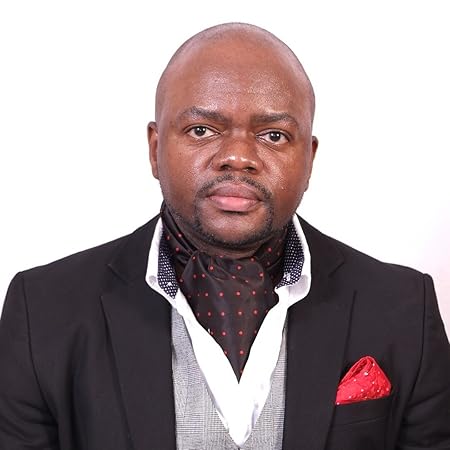
In 1962, Julius Nyerere called Africa’s colonial borders “ethnographical and geographical nonsense,” yet he urged building nations within those lines before seeking continental unity. This choice, cloaked as pragmatism, was a tragic error.
As a social consciousness theorist, I believe Africa’s post-independence leaders missed a historic chance to reject colonialism’s divisive legacy and create a United States of Africa.
Instead, they embraced fractured states, birthing a continent of warring elites and ethnic strife. The result—coups, exploitation and division—haunts us still.
NYERERE’S PLAN
Nyerere’s plan to heal within colonial borders was like asking a poisoned man to heal by drinking more venom. Post-colonial armies and bureaucracies, far from liberating, became tools of oppression.
Nigeria’s US-backed military killed millions in Biafra. Ethiopia’s regime bombed Eritreans. Congo’s Belgian-trained army betrayed Lumumba. Why? Colonial borders weren’t built for nationhood.
BERLIN 1884
Drawn in 1884 Berlin, they split ethnic groups—like the Somali across five states—and locked resources for foreign gain, as seen in France’s Françafrique.
Leaders inherited dysfunctional states, disconnected from their people’s identities, and became wardens of chaos. Elites flourished in this system. They wielded colonial languages— French, English, Portuguese—to exclude the masses, amassed wealth from oil and diamonds and signed “aid” deals that bound nations to debt.
COLONIAL RELICS
The average African, meanwhile, was trapped in a colonial relic: borders serving Europe, economies feeding the West, identities broken by artificial lines.
Nation-building, meant to unify, instead entrenched division. Imagine a different path. In 1957, Ghana’s Kwame Nkrumah declares independence not for one nation, but for a continent.
Sudan in 1956, Guinea in 1958, and by 1963—when the Organization of African Unity formed—30 colonies merge into a United States of Africa.
SINGLE PRESIDENT
Picture a single president elected by a pan-African legislature, a continental army shielding against coups, a Central Bank issuing a shared currency free from IMF chains and former colonies as administrative units, not sovereign states.
Critics argue leaders would never cede power, but the 1960s’ liberation zeal could have united millions. Instead, the OAU, a hollow “trade union of dictators,” sanctified colonial borders.
POISON OF ETHNICITY
A United States of Africa could have dissolved ethnicity’s poison. Without ‘Nigeria’ or ‘Kenya’, no Hutu or Tutsi, identity might have centred on shared freedom, not tribal scars. Congo’s cobalt and Angola’s oil could have built roads and schools, not enriched elites.
As a bloc, Africa could have faced the US, USSR and Europe with strength, not as fragmented prey. The dream was bold but possible.
Skeptics call this utopian, citing inevitable ethnic clashes. I disagree. Ethnicity, a colonial construct, was inflamed to divide and rule. Today, science offers a daring fix: redraw borders using DNA mapping and linguistic ties.
Genetic studies reveal Africa’s shared ancestry—Bantu migrations, Sahelian trade routes—linking regions like West Africa’s Mandinka zones or the Swahili Coast.
Languages like Kiswahili or Hausa could bind supranational regions. Messy? Yes. But rooted in Africa’s true identity, not colonial whims. Opponents raise objections. “It’s too big to govern!” Yet China and India manage billions, and the EU balances 27 nations.
“Ethnic conflicts will endure!” No—scarcity fuels division. A united Africa could share wealth, educate and foster civic pride over tribal ties. These aren’t insurmountable barriers but challenges to overcome.
ENDURING HOPE
Africa’s crises—Sahel juntas, South African xenophobia, French bombs in Niger—stem from colonial logic. Nyerere’s generation chose the easy path and we bear the cost. Yet hope persists.
The African Continental Free Trade Area suggests unity’s potential. To achieve it, we must face truths: colonial borders are crimes to be erased, pan-Africanism demands sacrifice, and identity is a choice. We are not Igbo, Luhya, or Somali first—we are Africans.
AFRICA UNITED
In 1963, a United States of Africa was within reach. Today, it remains possible, lacking only courage. As an unknown voice at a 1960 rally said, “A tree does not grow from the top down.” Africa’s unity won’t come from leaders—it will rise from the people.
Social consciousness theorist,
corporate trainer and speaker,
X (Twitter): @samaismela or
[email protected]







